Categories
Your blood circula max skin perfector review in hindition system is a complex network of capillary that plays an important role in keeping your overall wellness. Amongst the various types of capillary, blood vessels are frequently overshadowed by their even more widely known equivalents, arteries and blood vessels. Nevertheless, veins have their very own vital features that are crucial for the proper functioning of your body. In this post, we will discover what blood vessels do and how they contribute to your general well-being.
Veins are a kind of capillary that transports blood back to the heart. Unlike arteries, which carry oxygenated blood away from the heart, capillaries lug deoxygenated blood back to the heart for reoxygenation. This process is vital for the proper functioning of various body organs and systems in your body.
1. Return Blood to the Heart
The primary function of capillaries is to return deoxygenated blood from the body’s cells and body organs back to the heart. As blood travels via the arteries and blood vessels, it provides oxygen and nutrients to the cells. However, as soon as these important sources are diminished, the blood becomes deoxygenated and loaded with metabolic waste items.
Capillaries, with their slim walls and valves, assist in the return of this deoxygenated blood by avoiding it from moving backward. The valves function as one-way doors, permitting blood to stream towards the heart and preventing any backflow. This procedure ensures a constant circulation of blood throughout your body.
The veins work in conjunction with skeletal muscles to pump blood back to the heart. When your muscular tissues contract and kick back during activities, they put in pressure on the blood vessels, helping to press the blood upwards versus gravity. This device is specifically vital in the reduced extremities, where blood circulation versus gravity is extra tough.
2. Shop and Launch Blood
Blood vessels function as blood reservoirs, with the ability of storing a significant amount of blood. The wall surfaces crystalis para los ojos precio colombia of blood vessels are thinner and extra flexible compared to arteries, allowing them to hold a larger volume of blood. This blood reservoir function helps control blood quantity and maintain a stable blood pressure.
During periods of boosted exercise or tension, your body might call for more blood and oxygen. Capillaries play a vital role in meeting these needs by releasing kept blood back right into flow. This procedure aids to preserve ample oxygen supply to your organs, muscles, and cells.
3. Control Body Temperature Level
Your body regulates its temperature level through a procedure called thermoregulation. Veins play an essential duty in this process by helping to dissipate excess warmth from your body.
When your body temperature increases, the capillaries near the surface of your skin dilate, allowing even more blood to move via them. As the cozy blood reaches the surface area, warmth is launched into the environment through a process called convection. This aids to cool off your body temperature and prevent getting too hot.
Alternatively, when your body is exposed to cold temperature levels, the capillaries constrict, lowering blood circulation to the skin’s surface area. This system assists to conserve heat and keep your body’s core temperature level.
Recap
Capillaries play an essential role in your blood circulation system by returning deoxygenated blood back to the heart. Their features consist of returning blood to the heart, serving as blood storage tanks, and helping to manage body temperature. Comprehending the significance of capillaries can assist you appreciate their function in keeping your general wellness.
- Blood vessels return deoxygenated blood to the heart for reoxygenation.
- They work in conjunction with muscular tissues to pump blood versus gravity.
- Capillaries store and release blood to maintain blood quantity and pressure.
- They help dissipate excess warm from the body with expansion.
- Veins tighten in chilly temperatures to conserve warmth.
By appreciating the functions of blood vessels, you can take steps to keep your circulatory system healthy. Normal exercise, keeping a healthy and balanced weight, and preventing long term periods of resting or standing can help advertise correct blood flow and avoid problems such as varicose capillaries and deep blood vessel thrombosis.
Bear in mind, your blood vessels are an indispensable part of your circulatory system, and their appropriate performance is vital for optimal wellness.
These uromexil forte frameworks might rub or snap over the bone, developing the standing out feeling.



